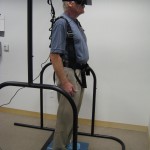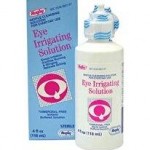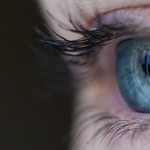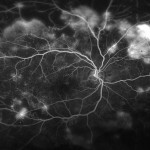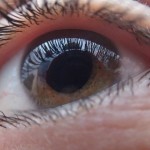Virtual Reality a New Tool for Evaluating Balance in Glaucoma Patients
People living with diabetes are nearly twice as likely to get glaucoma. Falls are a leading cause of injury and death, and the risk...
Way to Restore Vision Using Stem Cells Discovered
Researchers have succeeded in producing photoreceptors from human embryonic stem cells, which can help restore vision in people suffering from macular degeneration. Age-related macular degeneration...
New Method Prevents Retinal Transplant Rejection, May Treat Retinal Diseases
A new treatment that prevents retinal transplant rejection using immune-matched stem cells may be used to treat age-related macular degeneration and other retinal diseases. Stem...
New Treatment Opportunity to Help Preserve Vision in Diabetics
Joslin research boosts evidence for a new class of treatments to help preserve vision in people with diabetes, including diabetic macular edema and retinopathy. Diabetic...
Discovery Predicts Who Responds Best to Game-Changing Diabetic Eye Disease Treatment
Researchers have found a biomarker that predicts which diabetic patients will respond best to a common diabetic complication.
Nationwide Recall of Eye Wash and Irrigating Solutions
There is a reasonable probability of a potentially sight-threatening eye infection through the use of a contaminated eye wash or irrigating solution product. United Exchange...
Study Finds Hidden Risk Factors for Cornea Condition
A large new study, published in the journal Ophthalmology, reveals previously unknown risk factors associated with keratoconus, an eye condition that causes serious progressive...
New Way of Preventing Diabetes-Related Blindess Found
Several recently developed drugs slow progression to proliferative diabetic retinopathy, but do not reliably prevent it. New research points to a new treatment that...
Lower HbA1c May Not Prevent Diabetes Complications
According to Mayo Clinic researchers, the HbA1c level targeted by physicians may not actually lower the risk of kidney, vision and neuropathy complications for...
FDA Expands the Approved Use for Lucentis to Treat Diabetic Retinopathy in Patients with...
Diabetic retinopathy is the most common diabetic eye disease and is a leading cause of blindness in adults in the United States. According to...
New Way to Prevent Vision Loss and Diabetic Retinopathy Found
A study suggests a new way to prevent vision loss and diabetic retinopathy with minimal side effects - a discovery which could affect as...
Diabetic Children Not Screened Properly for Retinopathy
Diabetes among youths has been steadily increasing, but proper evaluations for diabetic retinopathy are falling short of recommendations. Many youths with type 1 and 2...
Diabetic Retinopathy Linked to Higher Depression Risk
Study details the association between severity of diabetic retinopathy and diabetic macular edema with symptoms of depression and anxiety in adults with diabetes. In a...
Discovery Could Prevent Diabetic Retinopathy, Blindness
Scientists have round a therapeutic target for diabetes-related blindness that could prevent one of the most common and debilitating side effects of diabetes -...
Lucentis Effective Against Diabetic Retinopathy
Results of a recent study show that Lucentis is highly effective at treating proliferative diabetic retinopathy and may be an alternative to laser therapy....
New Scanning Technology Benefits Diabetic Eye Care
After examining more than 25,000 patients, researchers found that by using a new scanning technology, diabetic retinopathy can be identified from a remote location...

